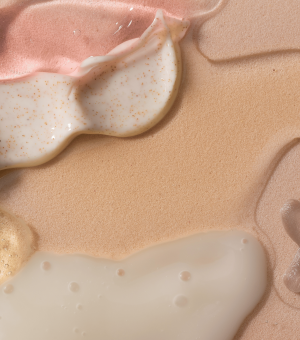Monday, February 17, 2025
What’s going on with my scalp?
Dre Emilie Bourgeault
Healthy hair starts with a healthy scalp. However, many people experience scalp and hair conditions that affect their confidence and comfort. If you're dealing with persistent issues such as hair loss, dandruff, or itching, a dermatologist can help diagnose and treat the problem effectively. Let’s explore some of the most common scalp and hair conditions and how they can be managed.







